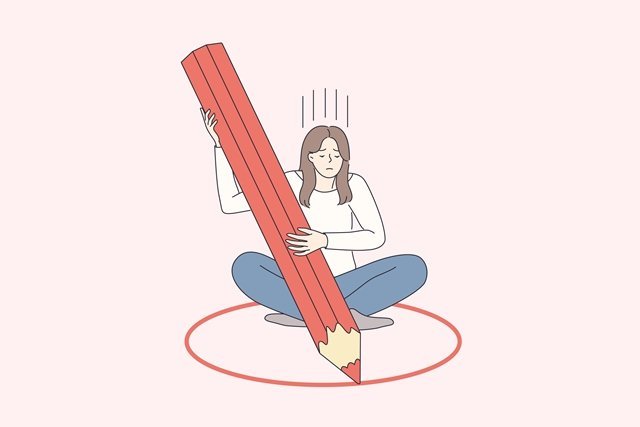
by Judith Stafford | Jun 6, 2022 | Becoming a Wise Woman, Self-Help
“Intuition is seeing with the soul” - Dean Koontz Growing up, I never really had much time for intuition. I thought it was all ‘woo-woo’ and nonsense, one of those supposed feminine qualities that made us irrational. Therefore, I never really thought about developing mine. But, as I got older, I embraced my ‘woo’ side and realised that we all have intuition. Therefore, not using it is like ignoring one of your senses. What is intuition? We have all had that gut feeling or hunch about someone. Intuition is sometimes referred to as the sixth sense. One dictionary definition describes it as an ‘unexplained feeling that something is true without evidence or proof’. I don’t think that is quite true. So much of our brain’s processes go on at an unconscious level. Our subconscious mind takes in and processes so much more information than we consciously realise. All that data is stored away for further use if needed. This means that intuition isn’t just a random thought or feeling. It is tapping in on information based on past knowledge stored in our subconscious. While different to critical analytical thinking, it is just as valuable. How does it work, and why does it matter? Intuition is a physical sensation often but not always felt in the chest or stomach area. For some people, it is manifested in feelings of anxiety or nausea. It is that nagging thought that you just can’t shake or something feels right or wrong, and you are unsure why. Intuition has a purpose as part of our survival mechanism. It allows for fast responses to stimuli...

by Judith Stafford | Jun 6, 2021 | Becoming a Wise Woman, Self-Help
You can do it! We will all encounter difficulties in our lives, but how we deal with our problems is more important than the problem itself. Everyone suffers setbacks at some time in life, usually more than once. The obstacles are not the problem, but how we react to them is what affects us most. If you are going to learn how to overcome setbacks, it is crucial to understand the different types that can occur and how to deal with them. There are three main types: situational, personal, and professional. Situational setbacks are usually due to external factors such as economic recession or natural disasters. Personal setbacks are caused by problems with relationships or health. Professional setbacks are down to poor performance or lack of success in a particular field. Each setback is unique and requires a different approach. There are many ways to overcome setbacks. The most important thing is to stay positive and keep moving forward. Here are five tips to help you to deal with a setback: Step 1: Acknowledge the setback When faced with a setback, it can be tempting to bury your head in the sand and hope the problem will disappear. Spoiler Alert - it never does! However, if you want to overcome setbacks and move forward with your life, it’s essential to acknowledge them and act based on what you’ve learned. Once you acknowledge a setback and start to face the problem, then there is a possibility that you will be able to overcome it. It also means recognising that you’re not alone – other people have been through similar experiences...

by Judith Stafford | May 16, 2021 | Becoming a Wise Woman, Self-Help
Five steps to help you set personal boundaries Healthy boundaries are essential in any relationship. They protect us from being controlled and manipulated and help us to feel comfortable and happy. However, sometimes it can be difficult to do so. Before you do this, you need to be clear about what you want and don’t want from the relationship. Make sure you’re crystal clear about your expectations for the relationship, both verbally and nonverbally. This will help avoid any misunderstandings or tension later on. Here are some ways to help: Step 1: Understand what healthy boundaries are What are healthy boundaries? Healthy boundaries are the lines that you draw in your life that protect you from being taken advantage of or hurt. They help you to manage your own emotions and stay in control of your relationships. There are different ways to set boundaries, but the most important thing is to be clear about what you want and need from your relationships. Some things to think about when setting boundaries include: What is too much for me?What does this person do or say that makes me feel overwhelmed or uncomfortable? How will this person treat me if I don’t follow these rules?Will they be understanding and supportive, or angry and punitive? Step 2: Identify where and with who you need to set boundaries Setting boundaries can be difficult in any relationship, but especially in close ones. It can be tricky to know where to draw the line between being supportive and enabling someone else’s unhealthy behaviour. Here are some tips for identifying where and with whom you need to...






Recent Comments